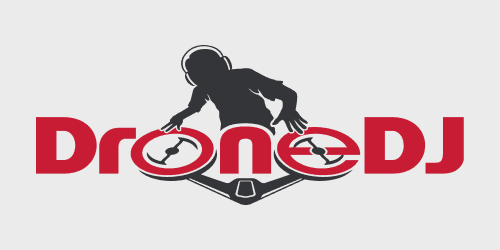
There haven’t been many companies that have embodied the concept of “drones for good” as compellingly as medical delivery specialist Zipline. Yet despite being one of the brightest stars in global UAV activity, the company is again offering a reminder of why it succeeds: It forgets about the drones, and focuses on the service.
In a Wednesday interview with Bloomberg Live, Zipline cofounder and CEO Keller Rinaudo reiterated previous views by company officials that all the attention paid to drone tech and the futuristic appeal of next-generation air transport is mostly distraction. Anyone wanting to understand why the company has come so far – and done so much good – in so short a time needs to look at what gets done, not the glitzier how.
Zipline, Rinaudo stated, is not a drone company.
“I think that’s probably the biggest misconception about what we do,” he told Bloomberg TV. “Sometimes people look at Zipline and see the drone – that’s the exciting thing, the sexy thing – and it’s sort of what people focus on. But the reality is none of the partners that Zipline works with – whether it’s partners in health, or the government of Rwanda, or the government of Ghana, or health systems across the US – really want or care about drones. What they care about is being able to make sure a medical product goes from point A to point B fast enough to save somebody’s life.”
From its initial beginnings and very limited objectives in Rwanda, to its expanded activity in other African nations like Ghana and Niger, to its partnership delivering medical supplies to remote communities in North Carolina, Rinaudo says Zipline drones have served as a useful means to what has remained a fixed medical end. Cars, boats, or bikes might well have been chosen for transportation if they’d done the job better, but drones turned out being the best solution to the company’s broader, bigger, life-saving effort.
“Our goal from day one, when we founded the company, was to build an instant logistics system for medicine – to basically approximate teleportation in terms of enabling health systems to send exactly what’s needed, where it’s needed, when it’s needed,” he said. “We launched in Rwanda in 2016, and originally we were focused on delivering blood products. Today we deliver about 250 medical products – essentially the entire medical health care supply chain in this way – using instant, autonomous, electric vehicles that weigh about 50 lbs., to deliver something to any hospital or primary care facility when something’s needed.”
Zipline’s motto: fewer drones, more service
That was not the first time Zipline officials minimized the customary fascination with its drones. That focus may be understandable in a quickly diversifying and developing sector drawing billions of new investment each year – and with even Zipline reeling in $250 million in expansion funding last July.
But as DroneDJ’s Scott Simmie wrote in May, the role of UAVs may be less significant to the Zipline’s activity and growth than the company’s continuing perfection of a swiftly-advancing “automated delivery service (that’s) dispatching flights every four minutes or so from one of its bases.”
Rinaudo acknowledges that while that’s all part of the larger Zipline ball of wax, the company’s attention remains fixed on providing its services as fast and efficiently as possible amid the changing conditions and needs of health systems and patients they care for.
“Over the last year,” he says, “when the pandemic began to cause lockdowns across many countries – Rwanda included – we were able to partner with partners in health to be able to begin sending cancer medications directly to outpatients, to primary care facilities next to where they lived; to insure that elderly or immunocompromised people who were depending on these treatments with their lives could get access to them, even when they weren’t supposed to travel or be going across the country.”
Score another one for instant logistic networks for good.
FTC: We use income earning auto affiliate links. More.




Comments